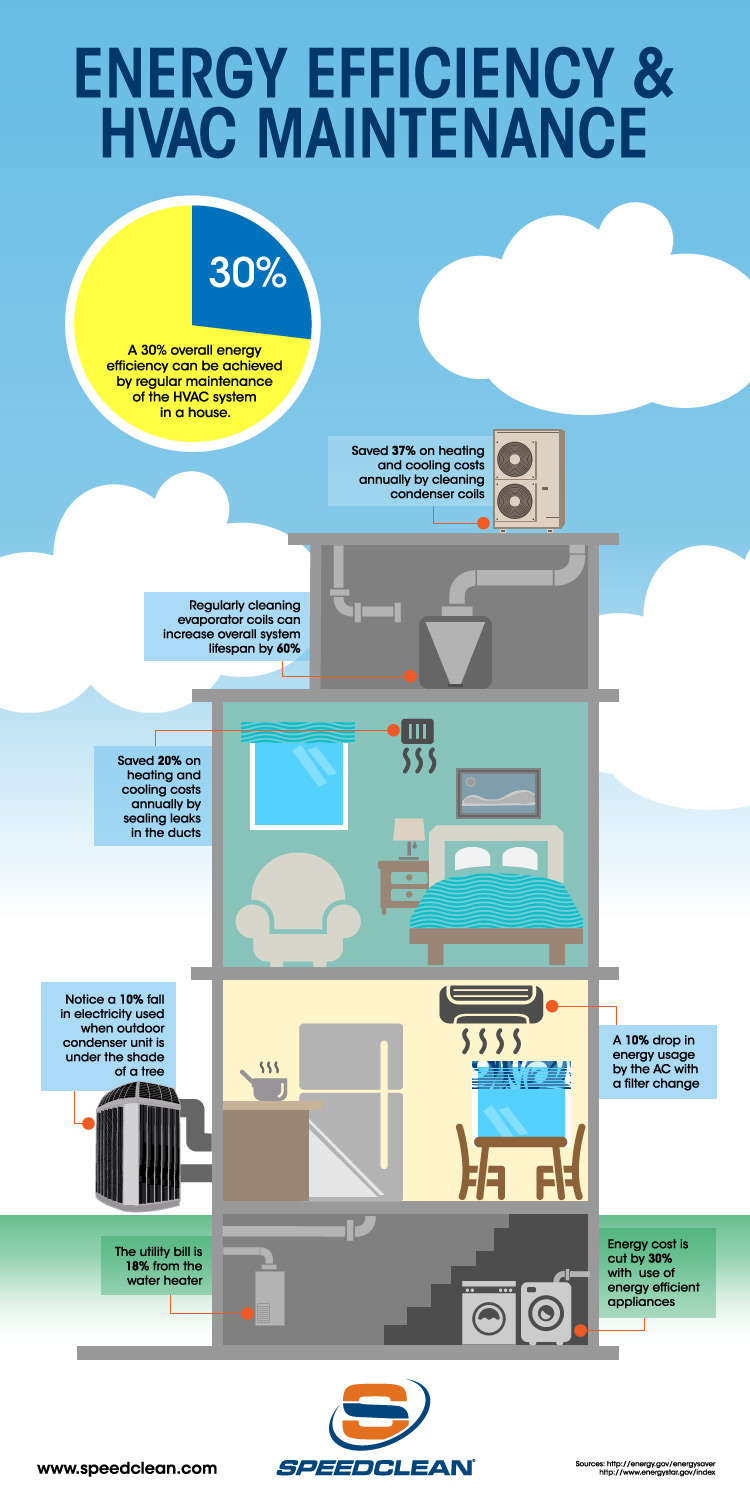Explore Methods To Preserve The Performance And Durability Of Your Heat Pump System By Avoiding Common Setup Oversights
Explore Methods To Preserve The Performance And Durability Of Your Heat Pump System By Avoiding Common Setup Oversights
Blog Article
Written By-McDougall Sparks
When setting up a heat pump, you have to avoid usual blunders that might endanger its efficiency. Neglecting appropriate sizing might cause inefficiencies and higher utility prices. Overlooking insulation and sealing can lead to power wastage and stress on the unit. Furthermore, positioning the outdoor system incorrectly might impact its performance. By staying clear of these errors, you can make sure optimum working and durability of your heat pump system.
Improper Sizing of Heatpump
When it involves the setup of heatpump, one of one of the most typical errors is incorrectly sizing the device for your space. Making sure the right size is crucial for optimal efficiency. If the heatpump is too small, it will battle to warmth or cool your space efficiently, resulting in boosted power bills and possible deterioration on the device.
On the other hand, if the heatpump is too big, it will cycle on and off frequently, causing temperature variations and reducing its life expectancy.
To avoid this mistake, it's necessary to have a specialist assess your space and recommend the appropriate size of the heatpump based on aspects like square footage, insulation, ceiling height, and regional environment. By investing the moment and initiative to make certain the proper sizing, you can delight in a comfortable setting while maximizing power efficiency and lengthening the life expectancy of your heatpump.
Inadequate Insulation and Sealing
To make certain the efficient operation of your heatpump, it's important to deal with poor insulation and sealing in your room. Proper insulation aids keep a consistent temperature level inside your home, lowering the work on your heatpump. Insufficient insulation can result in power loss, making your heat pump job harder and much less effectively.
Sealing any type of gaps or leakages in your area is just as crucial. mitsubishi heat pump servicing permit conditioned air to escape and exterior air to leak in, requiring your heat pump to compensate for the temperature level variations.
Wrong Positioning of Outdoor Device
Dealing with the positioning of your heat pump's exterior unit is essential to enhancing its efficiency. Setting up the outdoor device in an inaccurate place can lead to effectiveness problems and prospective damages to the device.
One usual error to prevent is positioning the exterior unit also close to a wall surface or other frameworks. https://www.achrnews.com/articles/146519-chillers-are-a-big-expense-but-new-technology-optimizes-use can limit air movement, causing the device to function tougher to heat or cool your area, ultimately minimizing its performance and life-span.
An additional error to stay away from is placing the outdoor device in straight sunshine. While some sunlight is inevitable, excessive direct exposure can bring about overheating, especially during warm summertime days. It's ideal to place the outdoor system in a shaded area to help maintain its optimum operating temperature level.
In addition, ensure that the outdoor unit is placed on a secure and level surface area. Uneven ground can trigger resonances and unnecessary pressure on the unit, affecting its efficiency gradually.
Conclusion
In conclusion, staying clear of typical mistakes throughout heat pump setup is essential for optimizing effectiveness and long life of your system. By making sure appropriate sizing, adequate insulation, securing, and appropriate placement of the exterior unit, you can stop concerns such as ineffectiveness, increased energy expenses, and pressure on the unit. Putting in the time to address these essential variables will ultimately save you money and time over time.
